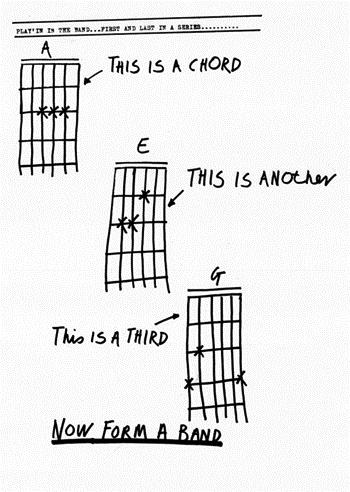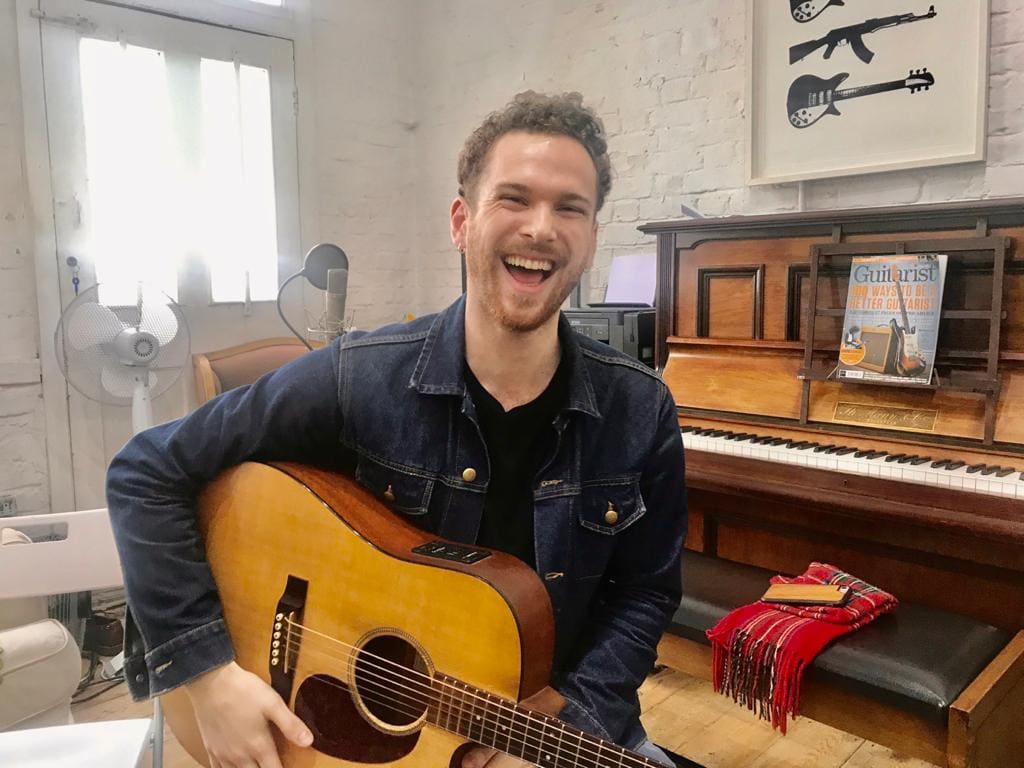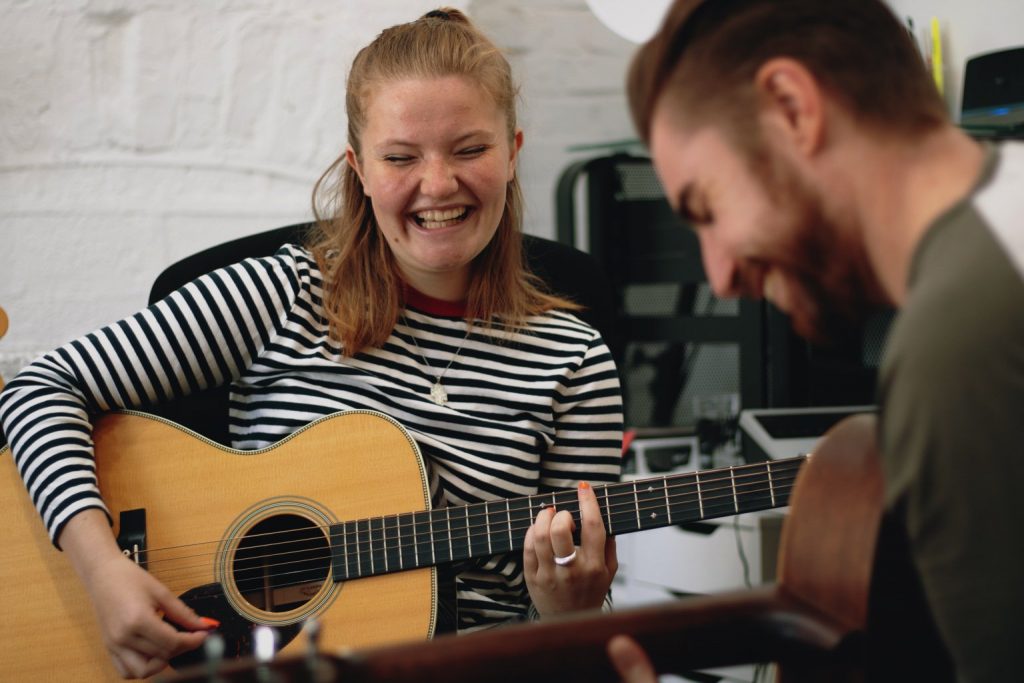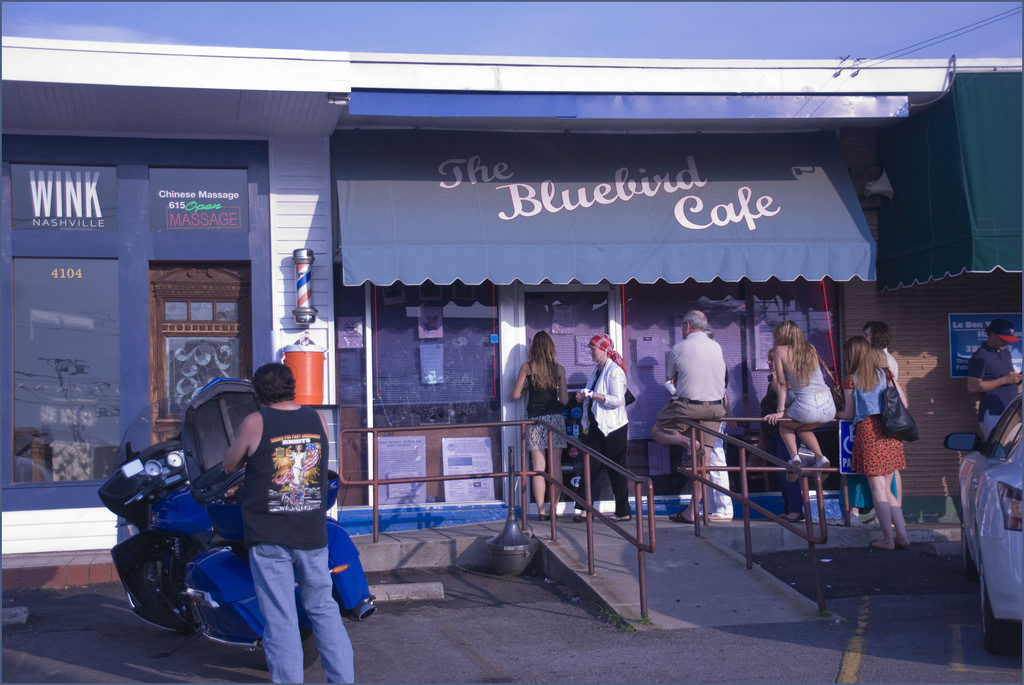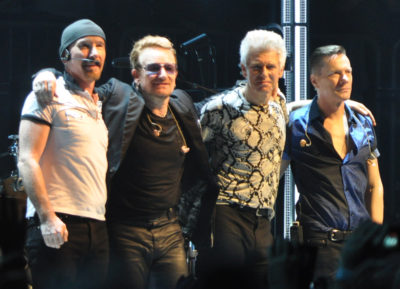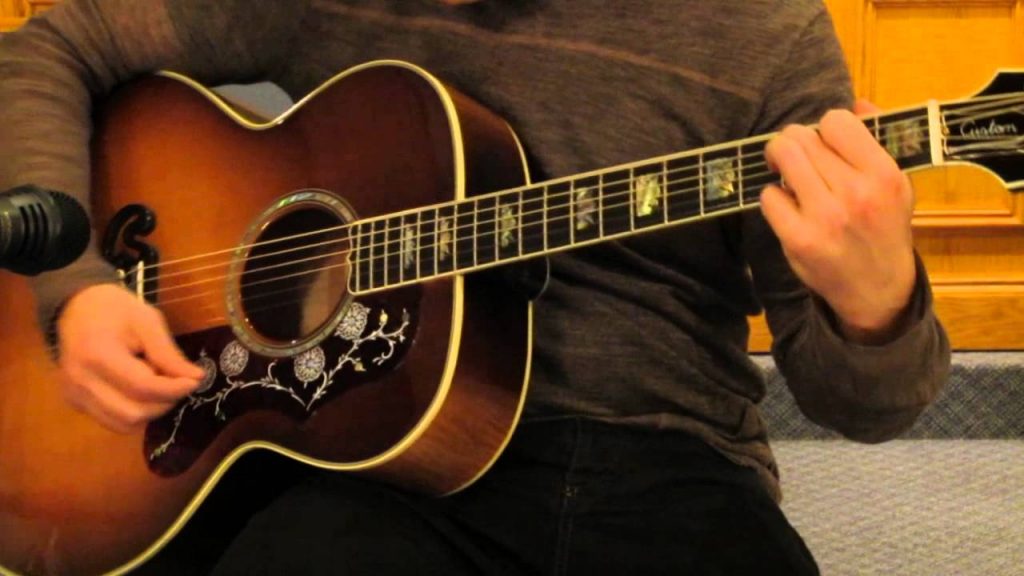Three Chords & The Truth
What are three chords and the truth? What are people talking about?
Nashville Sound, Country, Americana, Folk perhaps? Could be any of those.
Loretta Lynn famously said “Coal Miner’s Daughter ain’t got but three chords.”
But it’s Harlan Howard who’s typically credited with first coining the evocative phrase. He apparently said that “country music is three chords and the truth.” If he’d never said or written another thing he’d still be remembered for such pithy brilliance. As it is though, he wrote more than 400 songs which have been recorded and performed by artists from Waylon Jennings to Patsy Cline. He made the Nashville Songwriters’ Hall Of Fame and the Country Music Hall of Fame. Variously he’s “the dean of Nashville Songwriters” or “the Irving Berlin of country music.”
Maybe though you’re thinking of something else. “Three Chords and the Truth” is the 1997 album by Sara Evans, her first album and pretty good, but a little dated now, maybe because of the honky tonk production which you either love or hate.
Perhaps you’re thinking of the Lynn Miles song of the same name. It’s glorious, probably the best piece of music (because there have been a few) to take Harlan’s famous phrase for its title. I first heard it on the closing sequence of the final episode of Case Histories, the BBC’s adaptation of the Kate Atkinson novels. (I looked up the song and became a Lynn Miles fan.)
I’ve since heard that Kate Atkinson, the novelist, gave the screenwriter a tape with some songs on it, the songs she reckoned her fictional private detective, Jackson Brodie, would like. They included tracks by Kendel Carson and Mary Gauthier as well as Lynn Miles, a Canadian singer-songwriter straight out of the Nashville tradition. (Here’s Lynn Miles performing Three Chords and The Truth.)
But perhaps you’ve searched for three chords and the truth and you don’t have country in mind.
Perhaps you’re thinking of the Sideburns Fanzine illustration, empowering everyone to get out and make music. It was a call to action in the age of Punk Rock: ‘this is a chord, this is another, this is a third, now start a band.’ The three chords were A, E and G. Maybe they were thinking of Get it On by T-Rex, written five years earlier. Whatever they were thinking of, it was DIY inspiration for 1970s musicians. Here’s the original:
Are you searching for three chords and the truth? We all are, more or less.
By Craig



